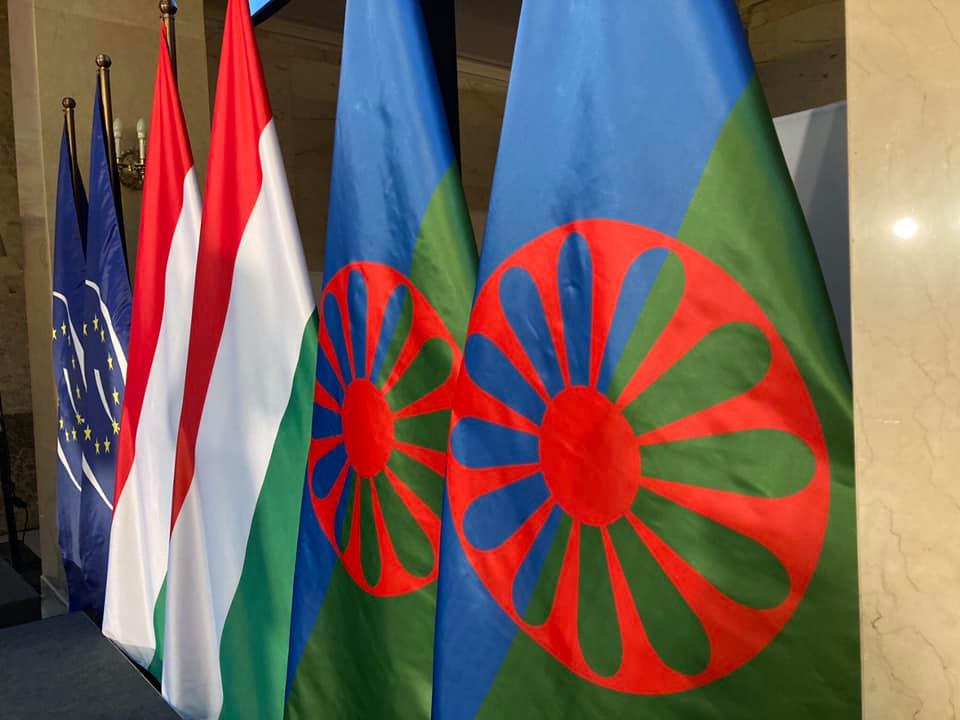
The „Hungarian National Roma Platform” held a consultation on Thursday
The „Hungarian National Roma Platform” held a consultation on Thursday
Roma Platform holding a meeting in the Ministry of Interior
On Thursday, the Hungarian National Roma Platform as a nationwide series of consultation events held the subsequent consultation: the host of the event was Piskó village in Baranya County. The consultation was opened by dr László Ulicska, Head of Department, representing Katalin Victor Langerné, Deputy State Secretary for Social Inclusion of the Ministry of Interior.
Other speakers giving a welcoming speech at the online conference included dr. László Őri, President of the Baranya County Assembly, Félix Farkas, Roma nationality advocate, Margit Orsós, Mayor of Piskó village, and dr. Szilvia Lakatos, President of the Baranya County Roma Nationality Self-Government.
The online presentations provided the participants with valuable professional insights: the recent developments of the social inclusion policy were presented by dr László Ulicska, Head of the Department of the Deputy State Secretary of the field, and the role of the Directorate General for Social Inclusion in the social inclusion policy was presented by Edit Nőth Horváthné, Head of the South Transdanubian Social Inclusion Directorate.
Dávid Kiss, a professional staff member of the Hungarian Charity Service of the Order of Malta, spoke about the long-term development programme of the emerging settlements.
Then Ildikó Szabó-Fazekas from the Deputy State Secretariat gave a presentation on the planned social inclusion programmes for the period 2021-2027.
Afterwards, in the section titled “Those who live and work among us in the county”, presentations were given on local good practices: first, Mayor Margit Orsós presented the Family Garden Programme [Családi Porta Program][1] in Piskó, followed by Krisztina Zentai, the professional leader of the Child Chance project[2] in Sellye district, who reported on the implementation of the project.
Finally, Evelin Gasparits, the professional manager of the Re-Gi-On Foundation, gave a presentation on the Bari Shej Programme[3] involving Roma girls.
[1] In the form of call for proposals this programme supports the cultivation of the kitchen gardens of disadvantaged families living in rural areas and families in need who move to villages, and it also contributes to the strengthening of small animal husbandry practices and the consolidation of the foundations of self-sufficiency.
[2] Integrated Regional Child Programmes funded by the European Union [EFOP -1.4.2-16] implementing district level projects due to prevent the reproduction of child deprivation and increase children’s opportunities with ensuring lacking services and strengthening the resources and networking of regional and local professionals.
[3] The programme aims to prevent early school leaving of Roma girls and increase their chances to continue their studies with complex measures based on mentoring.
288 megtekintés
